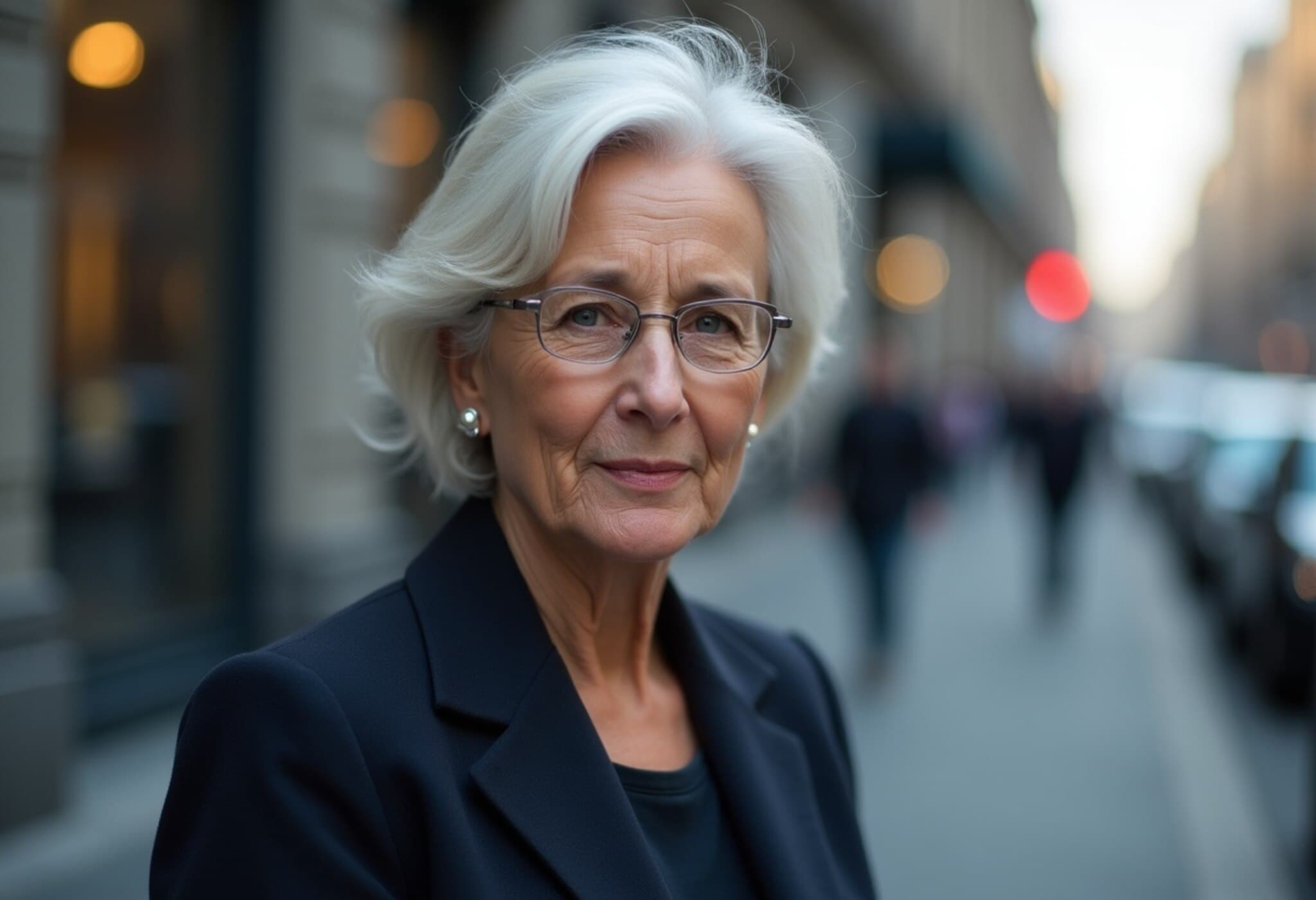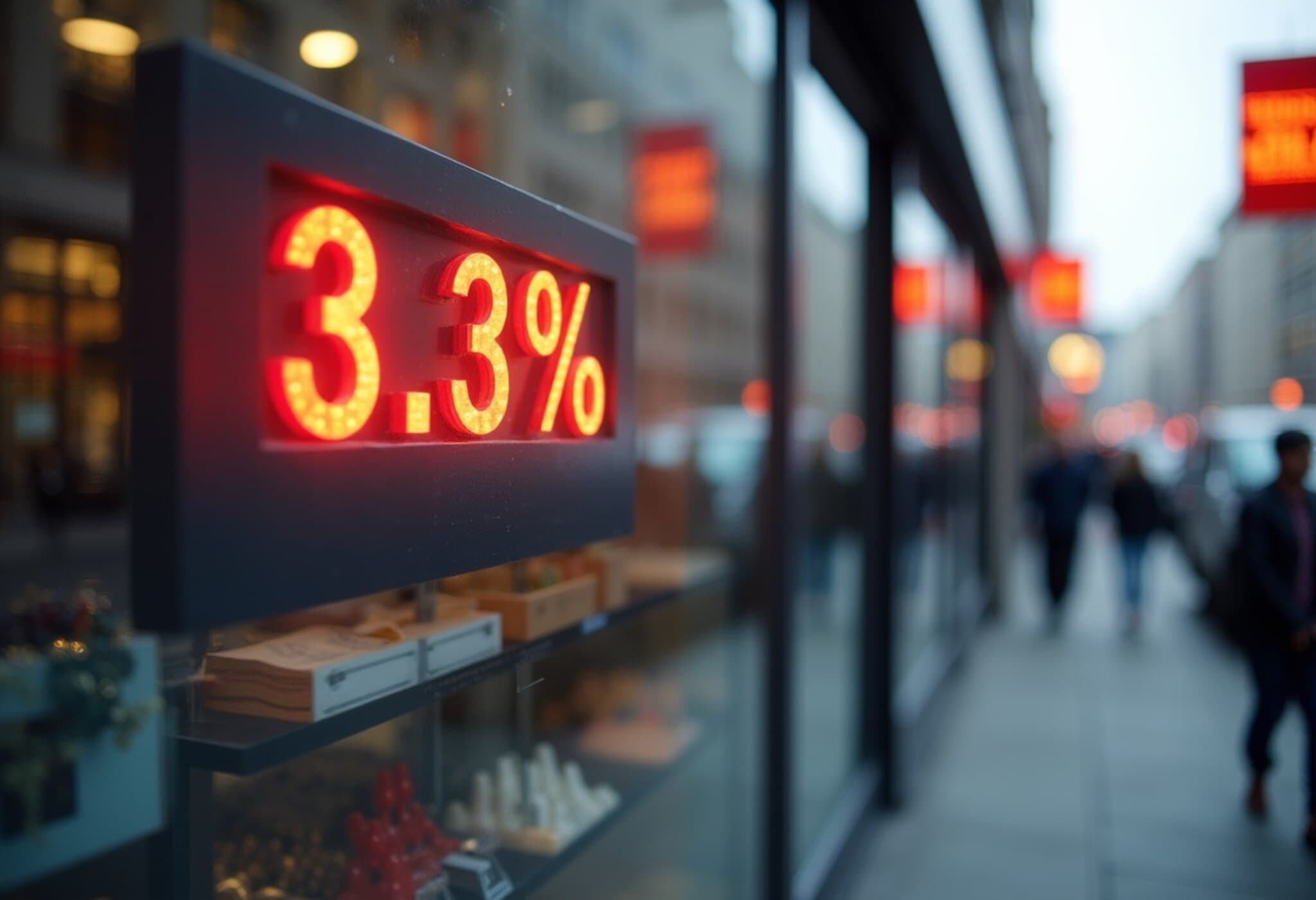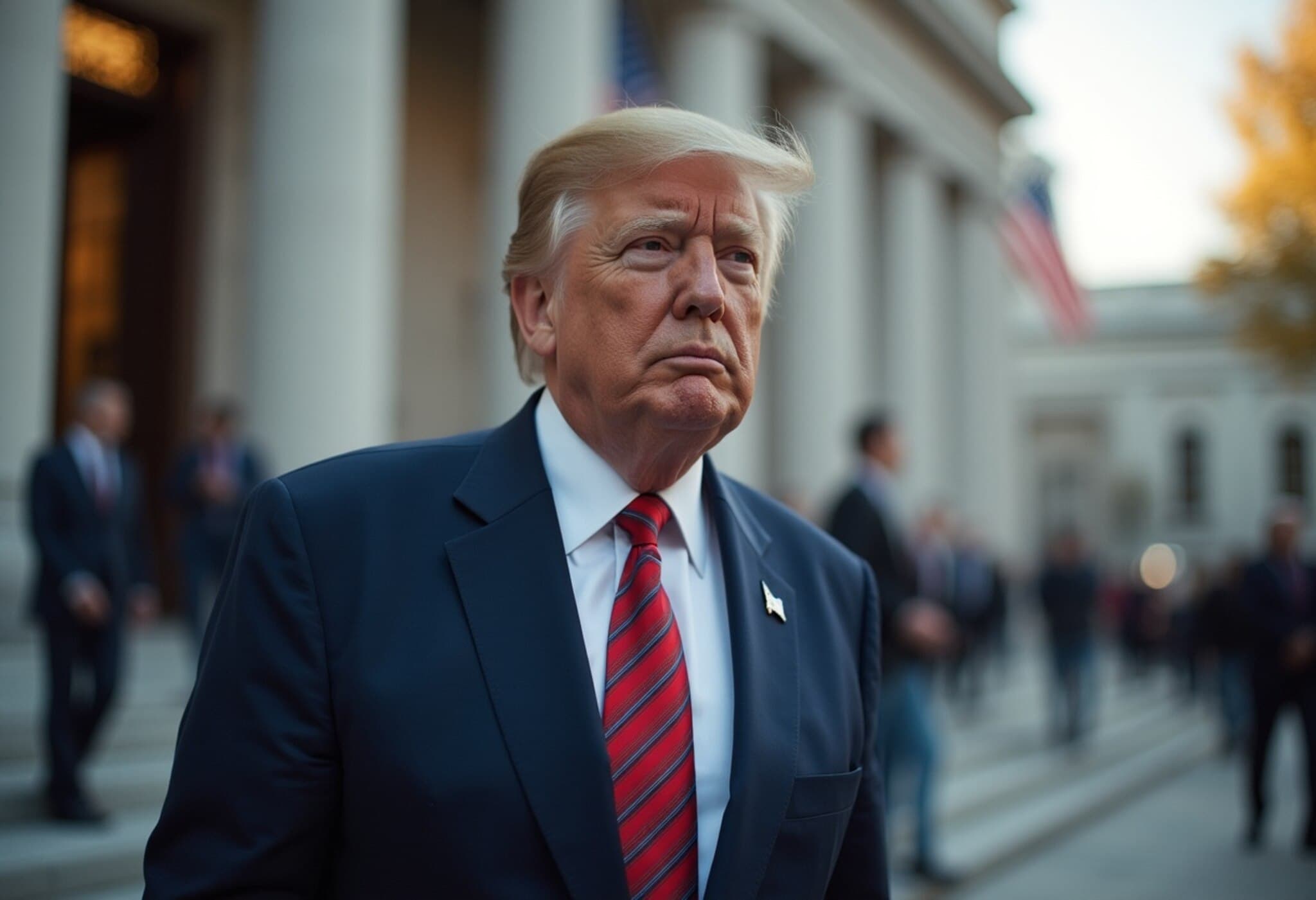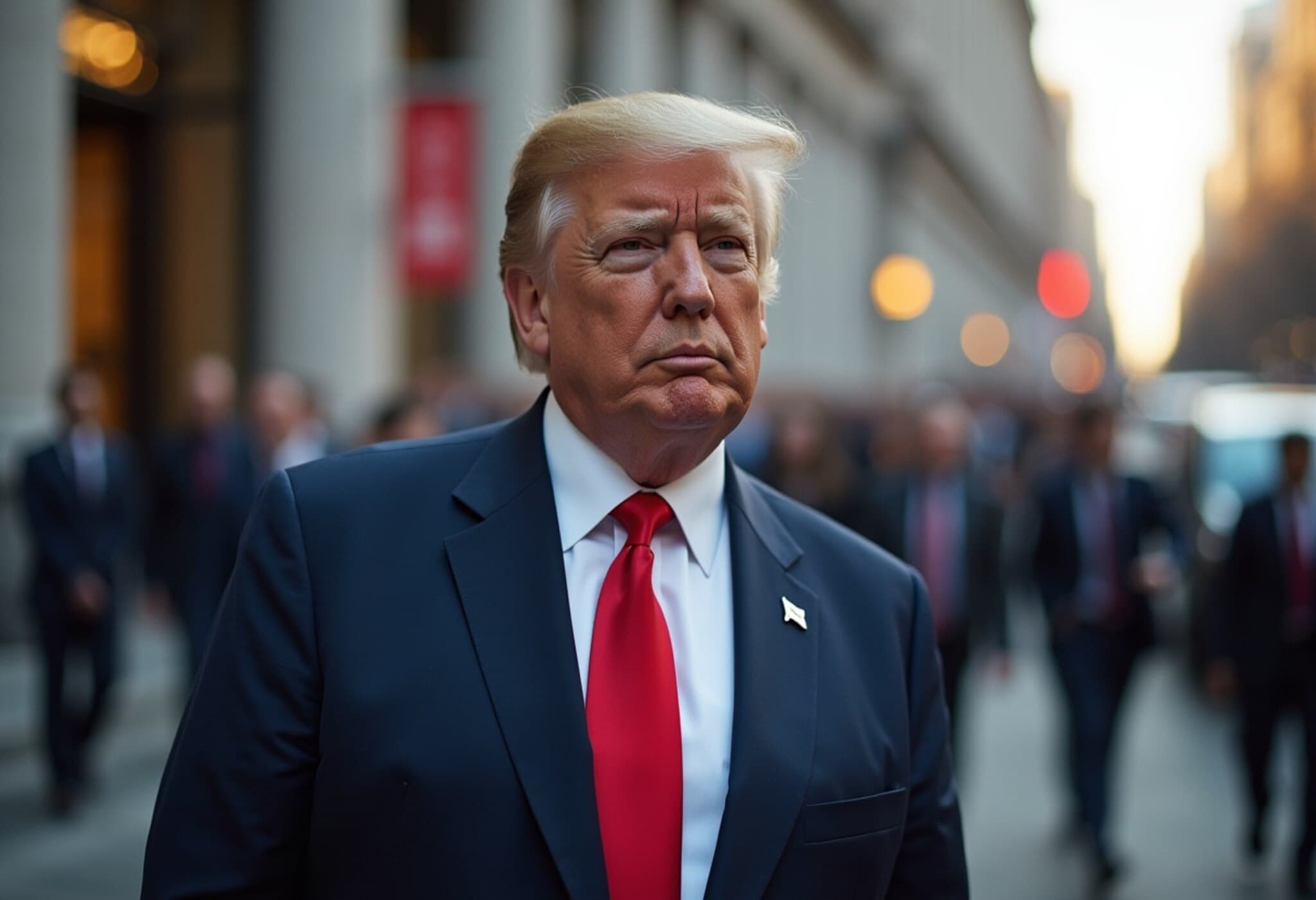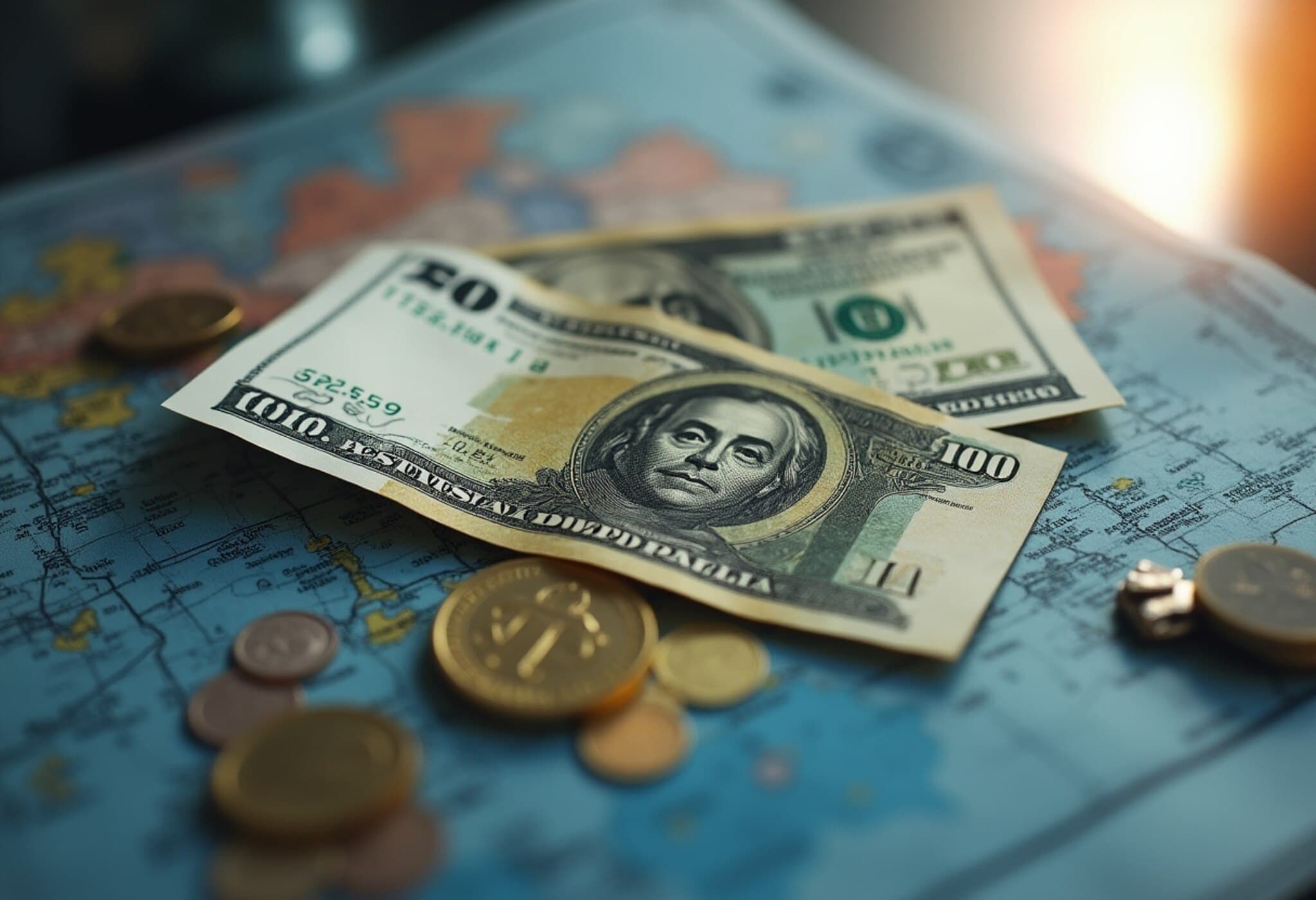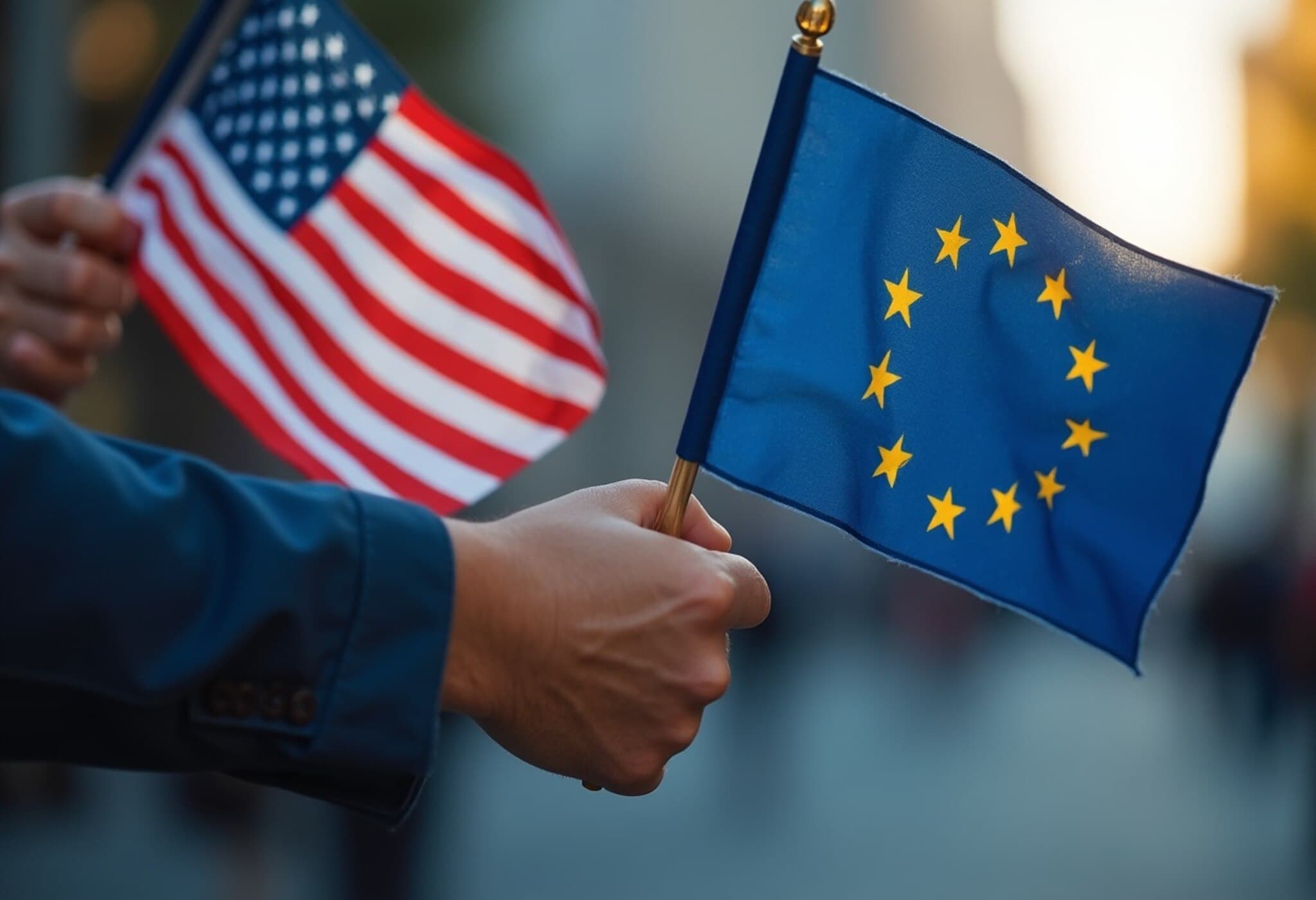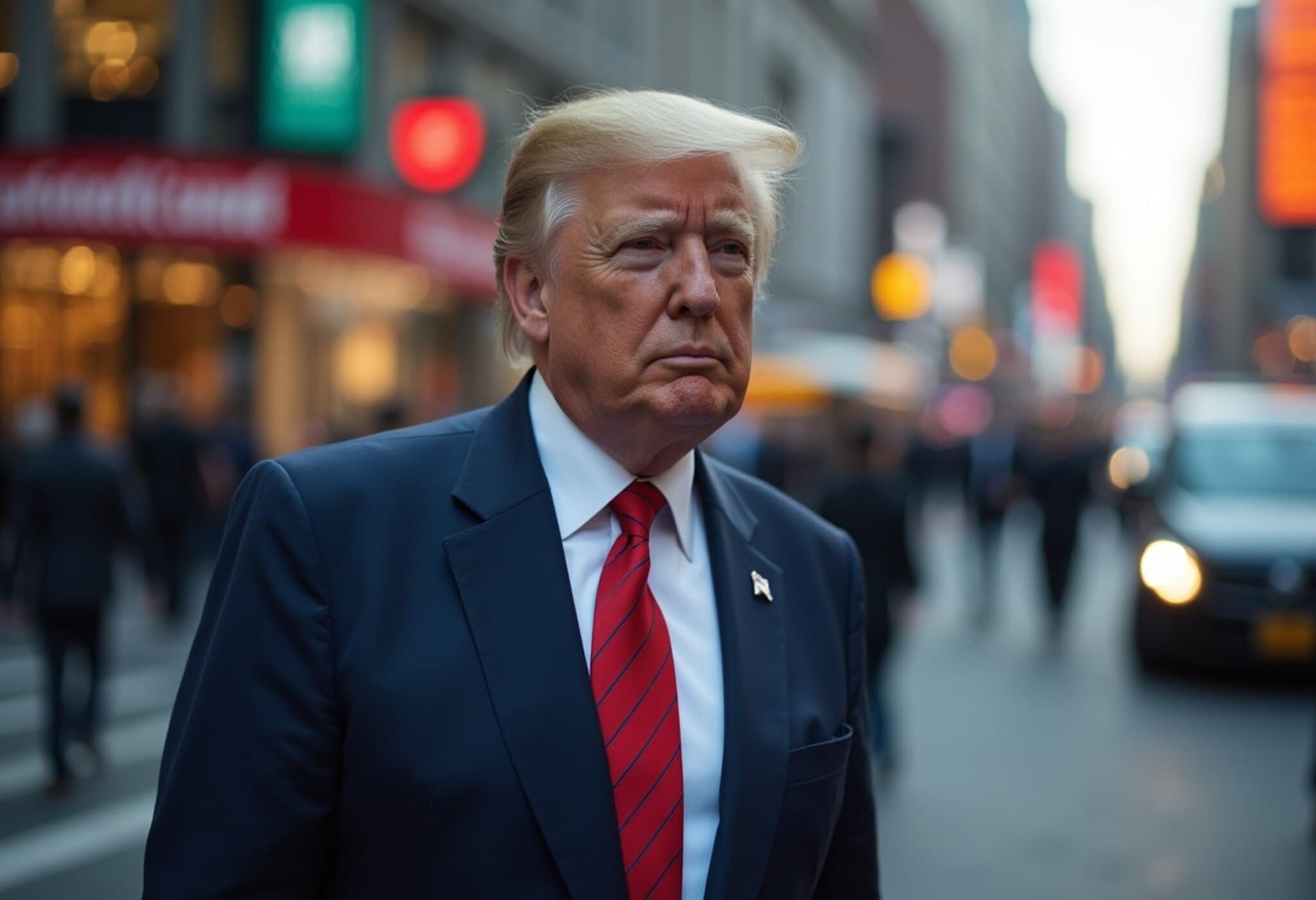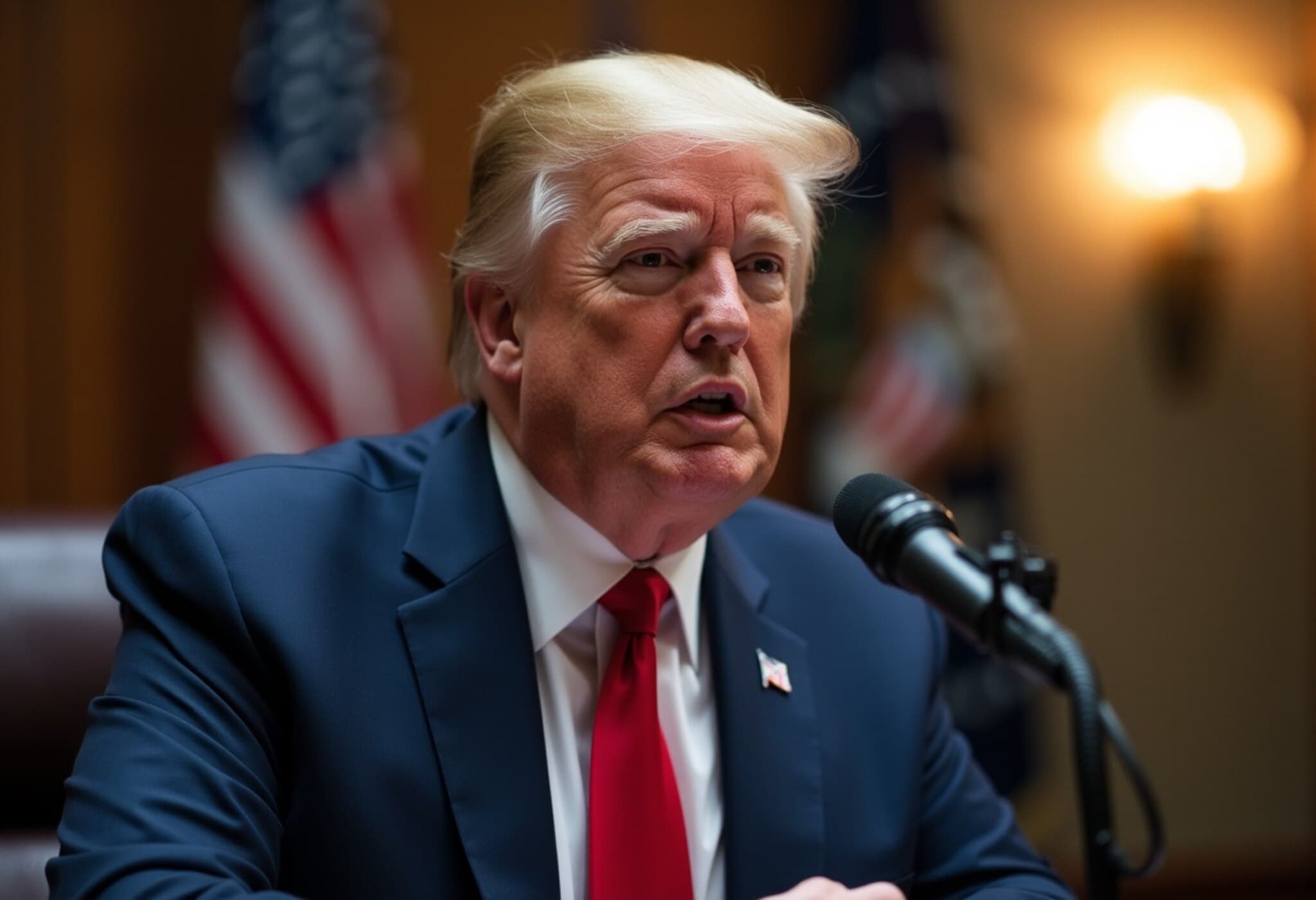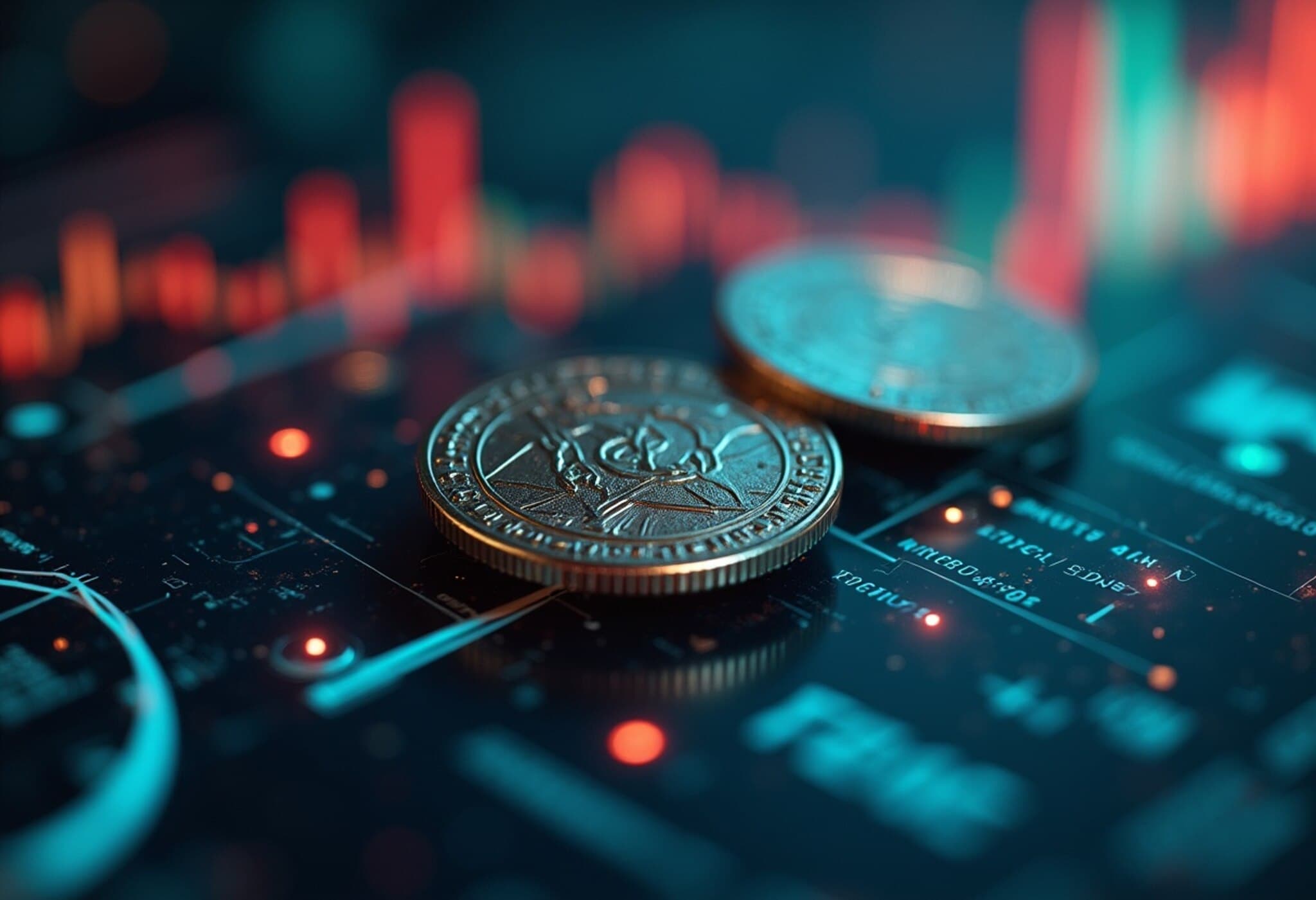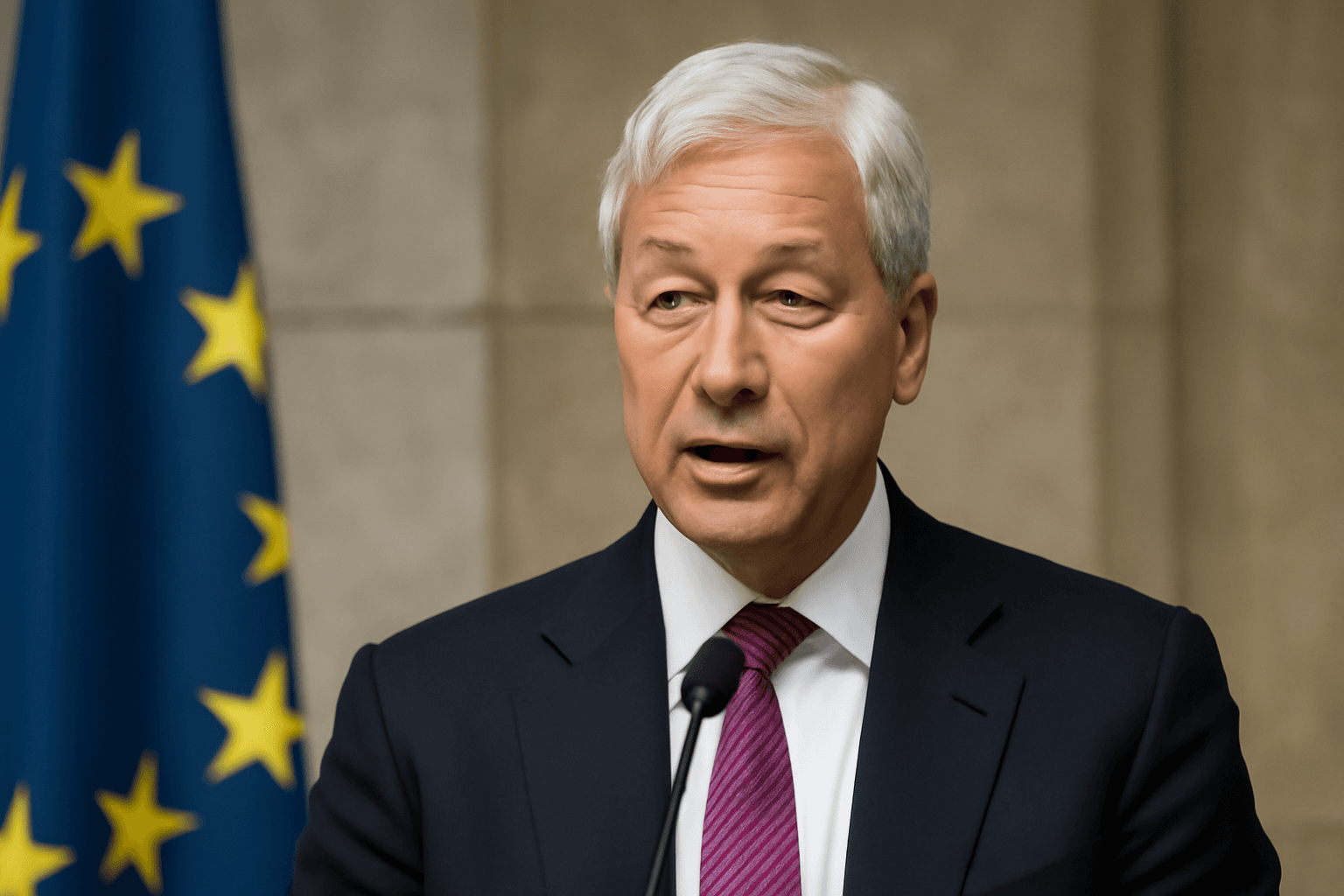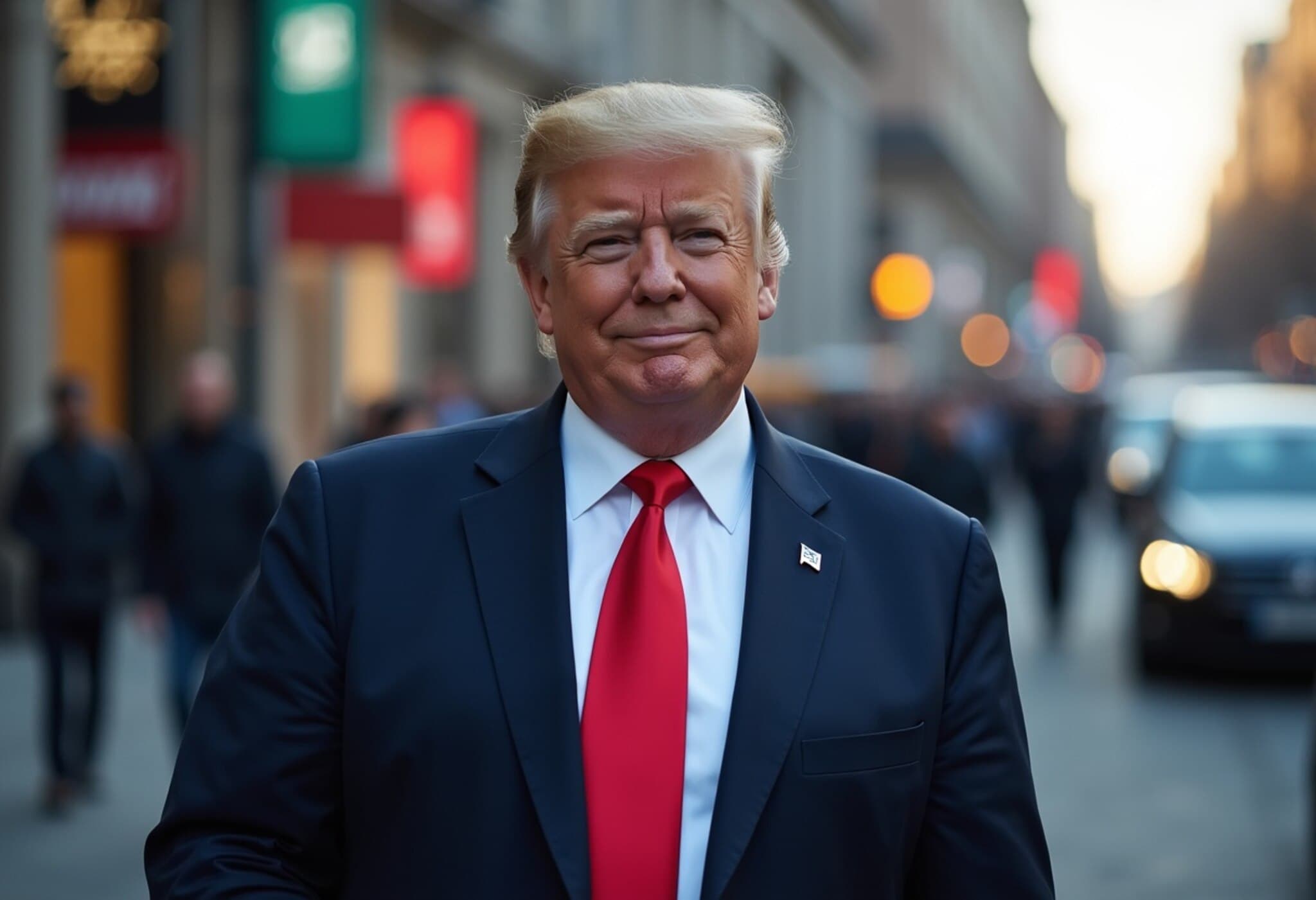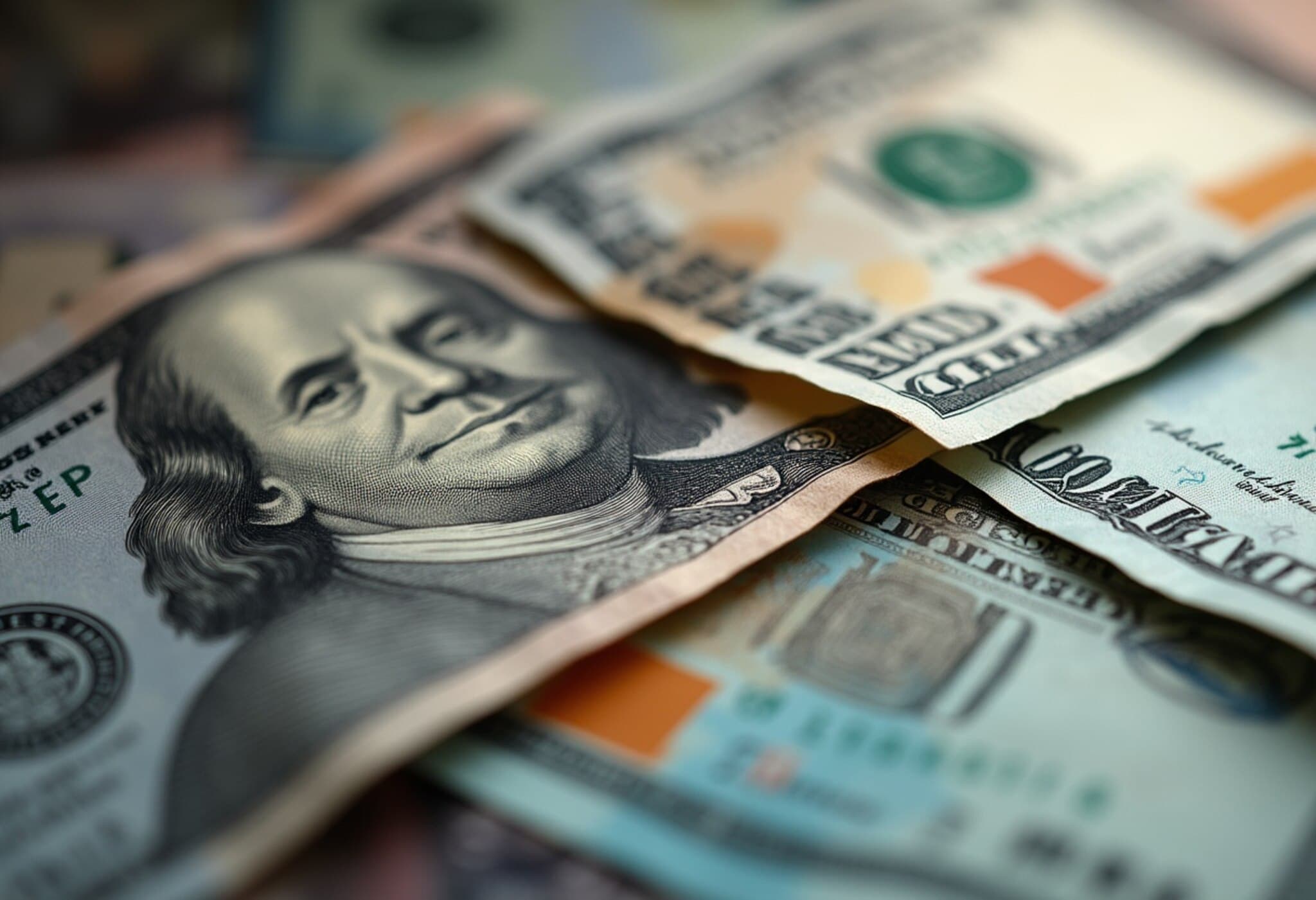The Euro's Moment to Shine
European Central Bank President Christine Lagarde recently voiced a bold vision: Europe is poised at a pivotal juncture in global finance, a moment she describes as the "global euro's moment." As the US dollar shows signs of faltering dominance, Lagarde highlights a significant shift in the international monetary landscape where traditional rules supporting open markets and multilateralism are eroding.
Challenging the Dollar's Supremacy
For decades, the US dollar has stood as the backbone of the global financial system, representing around 58% of worldwide foreign exchange reserves. In contrast, the euro holds roughly 20%, making it the second most utilized currency globally. Lagarde warns that rising protectionism and geopolitical tensions are reshaping this long-established order, presenting challenges — but also unique opportunities for Europe to assert greater influence.
Why a Stronger Euro Matters
- Lower borrowing costs for European businesses and governments.
- Reduced exposure to volatile currency swings.
- Shielding against sanctions or coercive economic tactics from other countries.
Yet, Lagarde is clear that boosting the euro’s global role isn’t automatic — it must be earned through deliberate action.
Building Blocks for a Global Currency
Lagarde outlines three essential pillars Europe must fortify to unlock the euro’s full potential.
1. Geopolitical Credibility
As the largest trading bloc with partnerships spanning 72 countries and driving nearly 40% of global GDP, the EU wields immense economic influence. The euro is already used for approximately 40% of international invoicing within this network. To extend this reach, Lagarde urges Europe to bolster trade agreements and strengthen its strategic power, thereby inspiring greater confidence in the euro on the world stage.
2. Economic Resilience
Nevertheless, Europe faces internal hurdles: sluggish growth, fragmented capital markets, and a limited supply of high-quality, safe assets. While the EU's overall debt-to-GDP ratio of 89% is healthier than the US’s 124%, sovereign bonds rated AA or above amount to less than half of the GDP—a sharp contrast to US levels. Lagarde advocates for sweeping reforms such as completing the single market, cutting regulatory barriers, and establishing a unified capital markets union. Additionally, coordinated investments in green tech and defense could expand the availability of stable European assets.
3. Institutional Integrity
Investor trust hinges on transparent and reliable institutions. The layered EU governance model, while complex, ensures democratic decision-making, rule of law, and central bank independence—all critical foundations for currency stability. To enhance efficiency and unity, Lagarde supports reforming governance structures by limiting veto powers that stall progress and broadening qualified majority voting to let Europe speak as one coherent entity.
Seizing the Opportunity
Lagarde closes with a compelling reminder: currency hegemonies have shifted throughout history and can shift again. Europe faces a defining opportunity to reshape the global monetary system by embracing greater autonomy and unity.
“This is a 'global euro' moment,” she asserts, urging decisive action to elevate the euro’s stature as a truly global currency that reflects Europe's economic prowess and shared values.
In a world of uncertainty, Europe’s ability to step up and strengthen its economic, geopolitical, and institutional foundations could chart a new course where the euro rivals the dollar — reshaping international finance for years to come.

